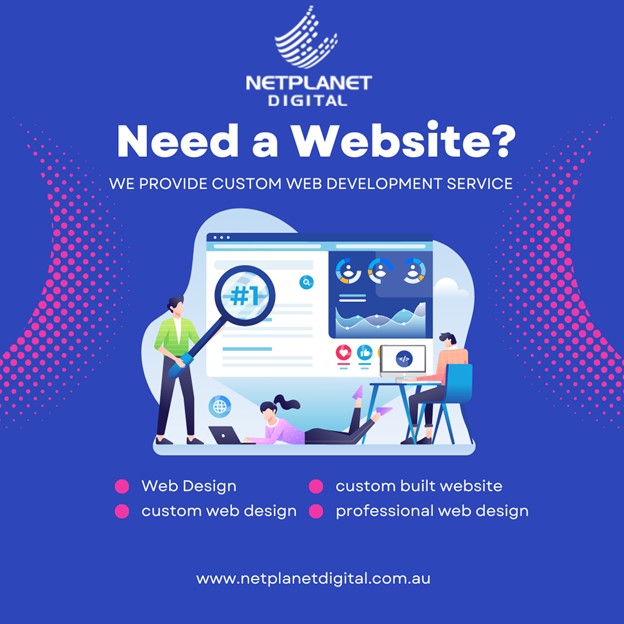When most people look at weather analytics, they decide whether to take an umbrella or wear shorts. But in the construction industry, weather data can make or break a project. The role of weather analytics is becoming increasingly crucial, shaping the way construction tech evolves. With the help of energy weather predictions, construction weather insights, and real-time rainfall data, project managers are finding new and effective ways to meet deadlines, keep workers safe, and save costs.
Weather Matters More Than You Think
In construction weather isn’t just an inconvenience; it’s a significant factor that can halt operations. Extreme weather conditions like heavy rain, strong winds, or intense heat can disrupt construction schedules and even pose risks to workers. Therefore, accurate weather data is no longer a luxury but necessary for efficient project management. The more you know, the better you can prepare.
The Power of Prediction
Once upon a time, construction relied on broad weather forecasts that didn’t provide specifics. Now, thanks to advancements in weather analytics, we have precise predictions. These give project managers the details they need to make informed decisions. For example, if they know a rainstorm will hit in two days, they can prioritise indoor tasks and keep the outdoor work for later. This kind of planning helps keep the project on schedule.
Safety First, Always
Nobody wants to see a construction site accident. The well-being of workers is paramount, and having real-time weather data can make a world of difference. If a high-wind warning is issued, cranes can be lowered and secured, reducing the risk of toppling. On hot days, extra hydration stations can be set up. These measures help in ensuring that workers are not only productive but also safe.
Cutting Costs Where It Counts
Time is money, especially in construction. Delays are not just annoying; they’re expensive. Thankfully, the use of detailed weather analytics allows for real-time adjustments. Knowing the weather minute-by-minute means you can adapt on the fly. This adaptability avoids downtime, prevents damage to materials, and ultimately saves money. All of this is contributing to a more cost-efficient industry.
Preparing for the Future
The future is uncertain, but that doesn’t mean we can’t prepare for it. Whether it’s a personal milestone, technological advancement, or global change, readiness can be the key to successfully navigating what comes next. Here’s why preparing for the future is crucial and some actionable steps to take. Thinking ahead is essential for navigating life’s challenges and opportunities. Preparing for the end means setting goals, saving money, and acquiring new skills. Whether it’s for a job, family, or personal growth, being ready allows us to meet the unknown with confidence. So, take some time to plan because a prepared future is often a successful one.
The construction industry has come a long way from relying on general weather forecasts. With the assistance of specialised services offering finely tuned weather data, the sector is experiencing a technological revolution. For those looking to stay ahead of the curve in this changing landscape and want real-time rainfall data, companies like AWIS Weather Services offer innovative solutions that marry technology with actionable insights. For more details, visit this website Awis.com.

















